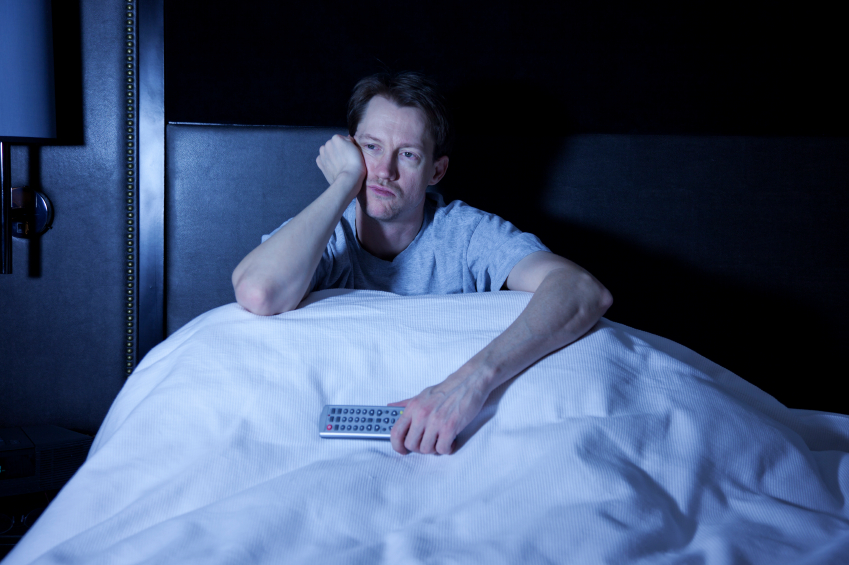
Trouble With Our Sleep
In a world filled with tight deadlines, last minute projects, and stress-filled days, what many of us need is a good nights’ rest every now and then.
The constant noise and distractions of the day can make you feel too anxious to fall asleep.
With many factors of noise and light pollution affecting our sleep patterns, sleep wearable technology has been emerging rapidly over the last few years.
While wearing a watch or sleep monitoring devices may make some feel uncomfortable as they lie in bed, many people are still not getting enough adequate rest at night.
Orthosomnia, known as a medical term for “the perfection of sleep habits”, has driven a demand for new tech manufacturers to create this new technology to suit our hectic, millennial lifestyles.
If you’re an athlete, an improvement in sleep may be what your body needs to enhance your results.
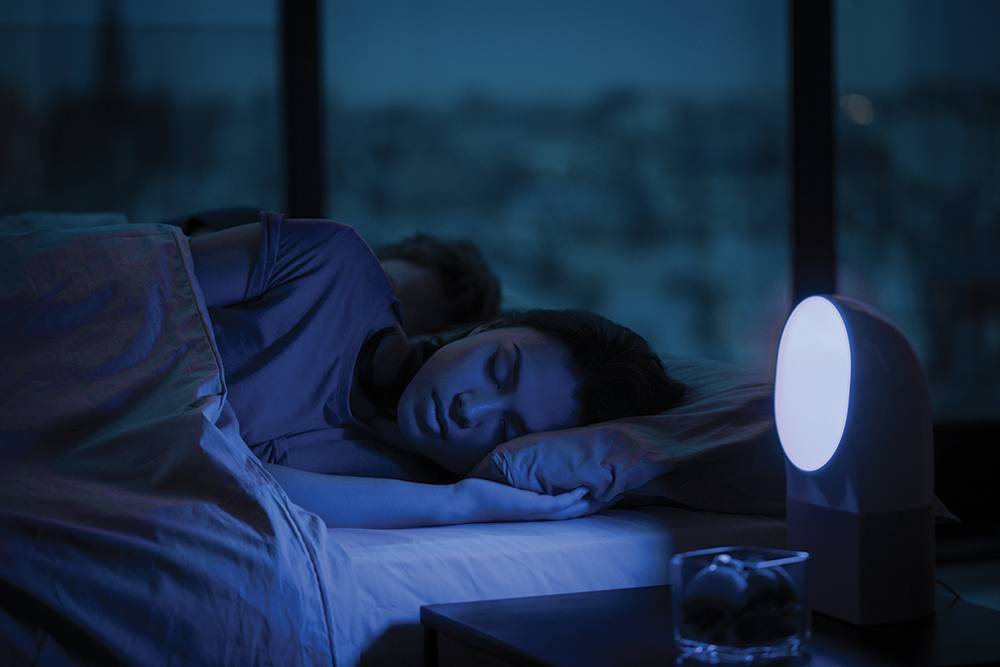
How Sleep Wearables Can Help With Deeper Sleep
As many athletes already know, deep sleep is responsible for the majority of your recovery after strenuous exercise during the day (see Why It’s Important to Get 8 Hours of Sleep a Night).
Our sleep patterns are never constant at night, and we frequently go through cycles of lighter time periods of sleep with each changing hour.
What causes a problem for most people is getting those hours of deep sleep when we need them the for the next day.
This problem is caused by shorter measurements of heart rate variability, which is the time period between each heartbeat.
Shorter distances between your HRV readings shows that you’re under a high level of physiological stress during the day, which will make it harder for you to fall asleep at night.
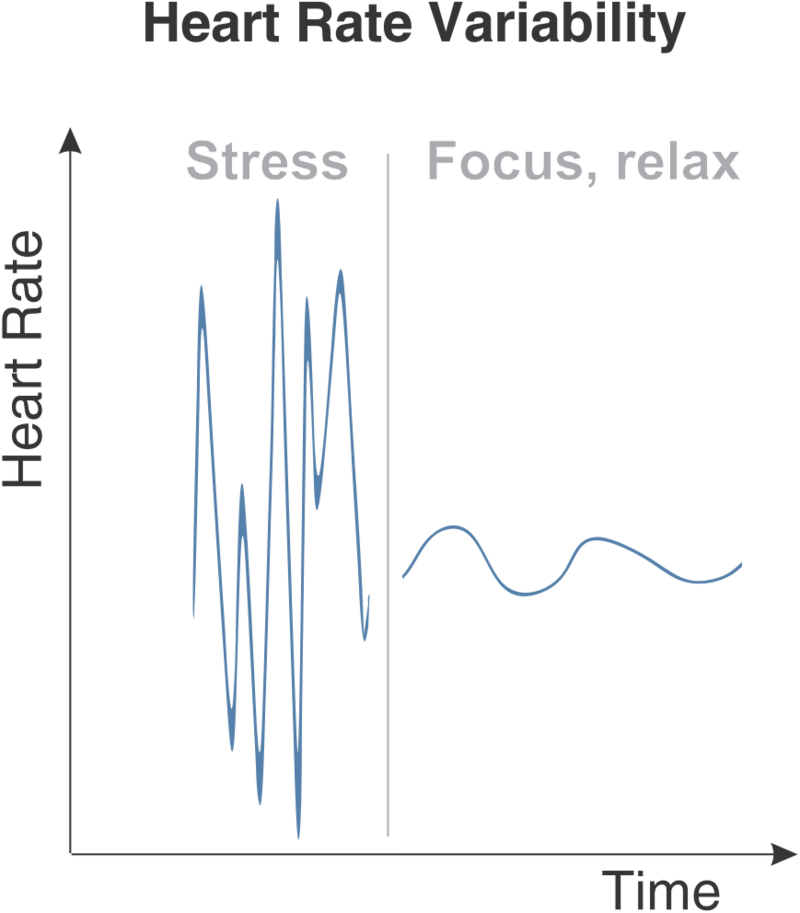
Your quality of sleep can also be affected by the amounts of involuntary movements you make while lying in bed.
The best way sleep movements can be tracked with the most accuracy has been by way of polysomnography (PSG) devices, which are basically spaghetti noodle wires strapped all over from head to toe:
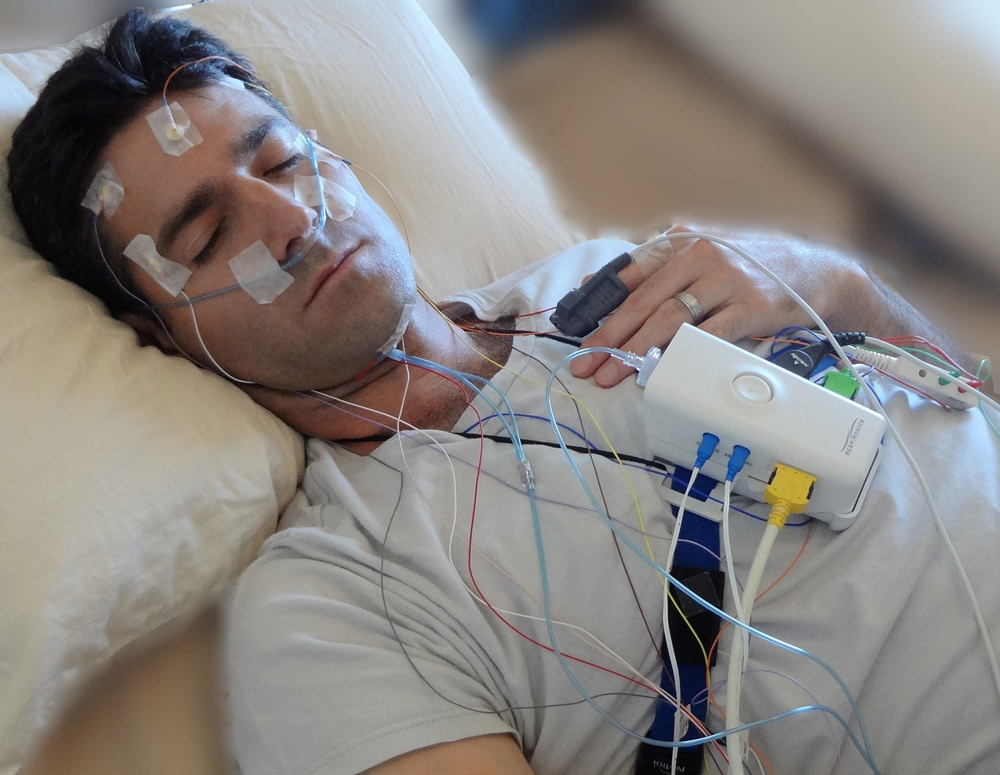
You can imagine the amount of anxiety you might have being strapped to these devices, so as a result, new technology has emerged to find alternative solutions to monitoring sleep.
Latest Sleep Technology
Sleep technology has made enough improvements to where going into a clinic isn’t necessary to check the quality of your sleep. These are the best new devices that I think of that check sleep movement and heart variability the best.
Sense Pill:
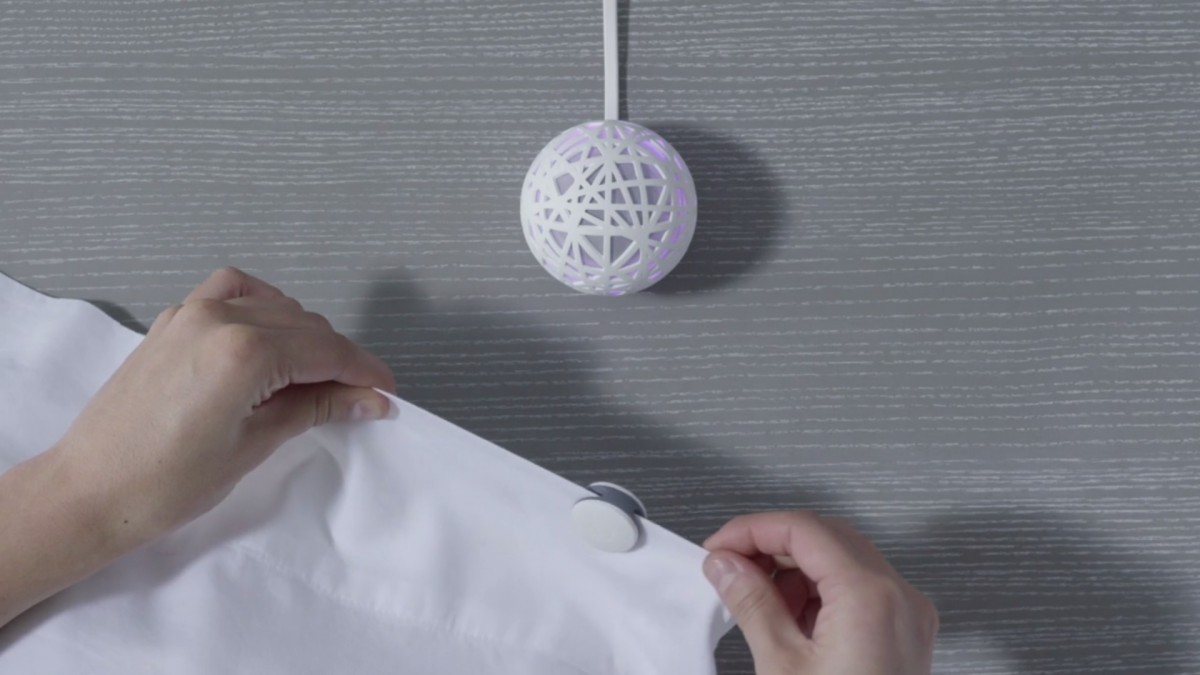
The sense pill can track your sleep much easier while you’re moving in your sleep by attaching directly to your pillow. The pill works by sending the information from the pill attached to the pillow to a sleep monitor that’s placed on the nightstand or table near you. The information is then synced with your smartphone so you read the data in the morning.
You can check out an in detailed review over here.
Beddit Sleep Tracker 3:
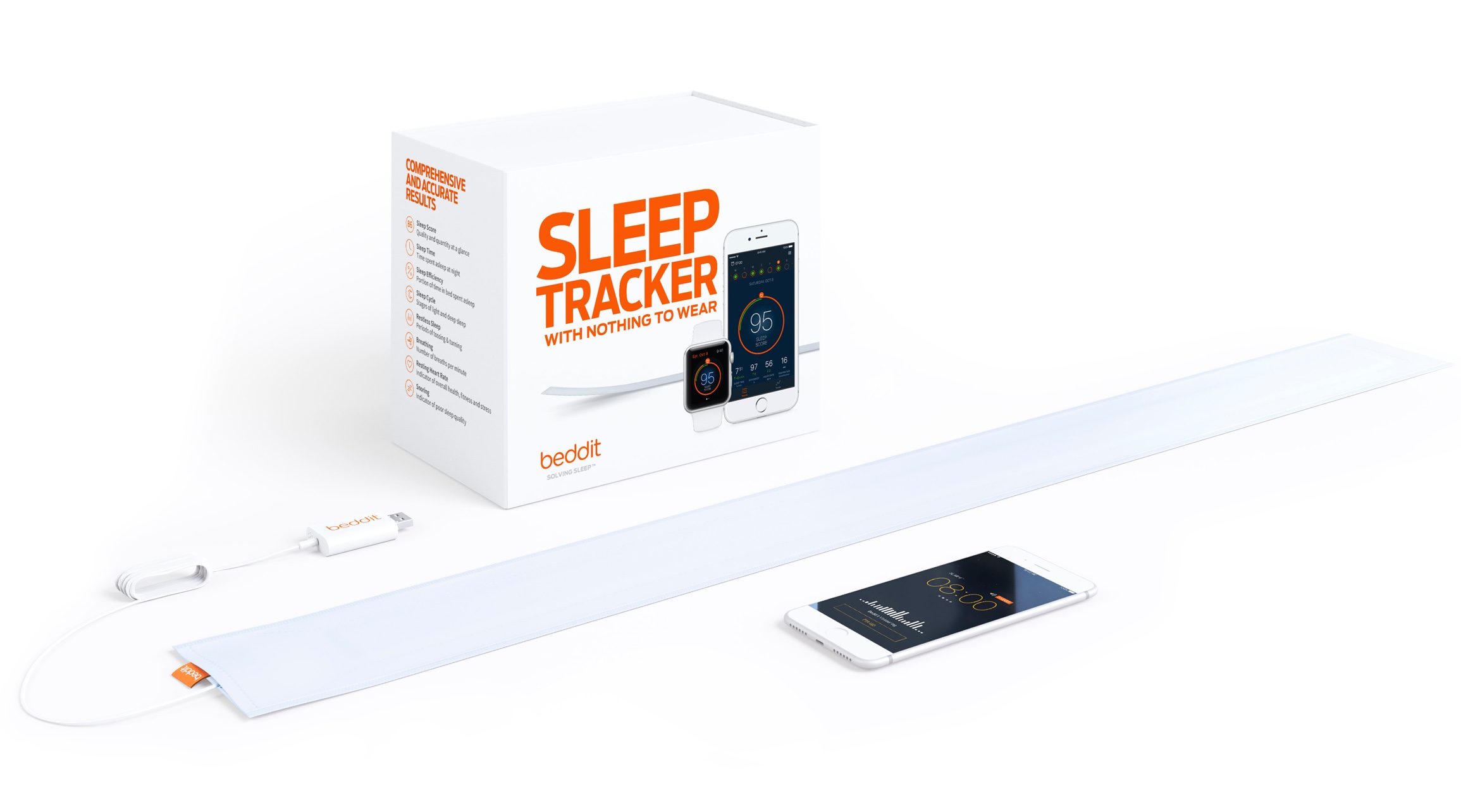
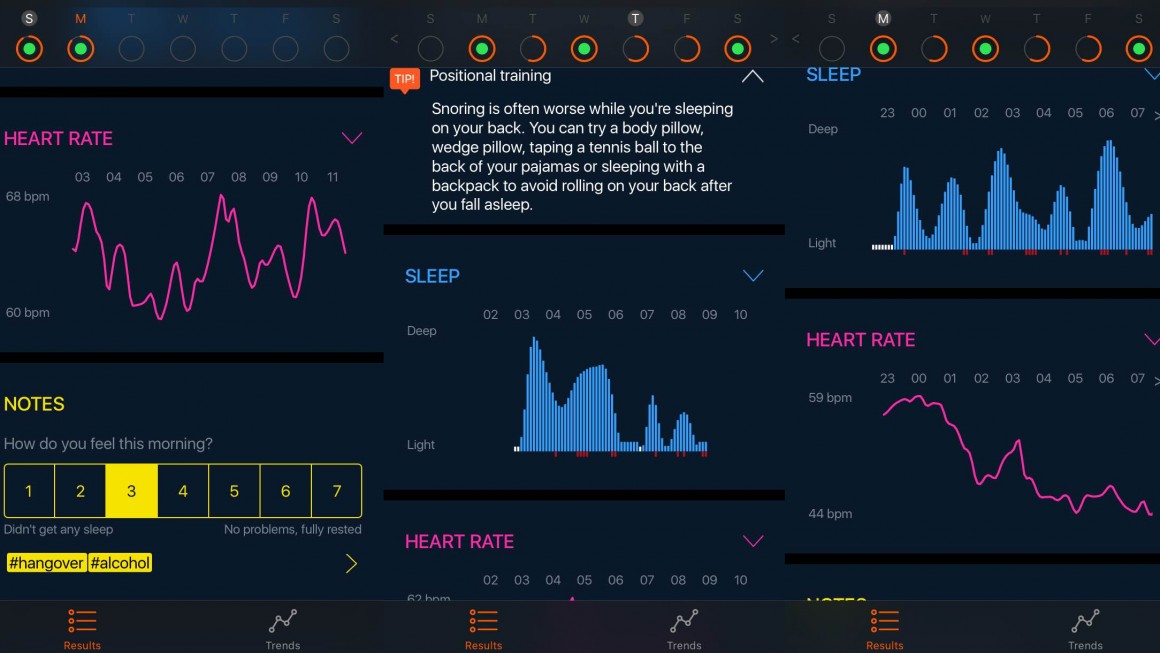
The Beddit Sleep Tracker not only gives a graphic display of your sleep cycles during the night but also shows your heart rate while you rest. The tracker works by placing the nylon sensor strip underneath the bedsheet as you sleep, which transmits the collected data to your smartphone using Bluetooth Low Energy technology. If you’re exercising too close to bed night, this wearable to can help you monitor your stress levels before your fall to sleep to ensure deeper sleep.
For a full review of the Beddit tracker, you can check it out here.
The Wrap Up
Our lack of deep, quality sleep can arise from our elevated heart rates and restless movements at night. Sleep patterns often change due to circumstance, but we can better regulate this using some smart technology. As more research goes into the science of orthosomnia, we may find undiscovered breakthroughs in the near future with the value of a good nights’ rest.
What else do you want to know?
Why It’s Important to get 8 Hours of Sleep
How Alcohol Can Affect Your Sleep
How To Get Better Quality Sleep
How Bluelight Technology Can Affect Your Sleep

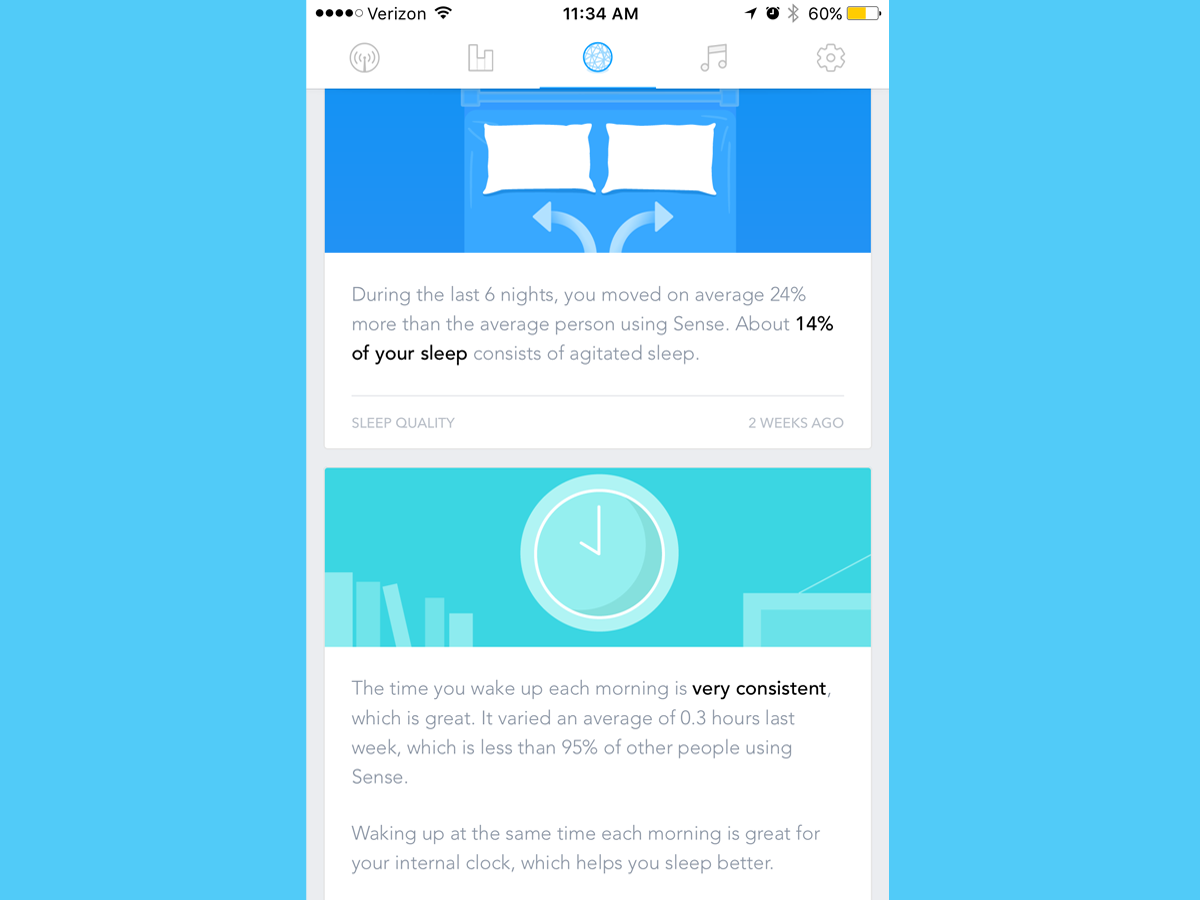
Leave a Reply
You must be logged in to post a comment.